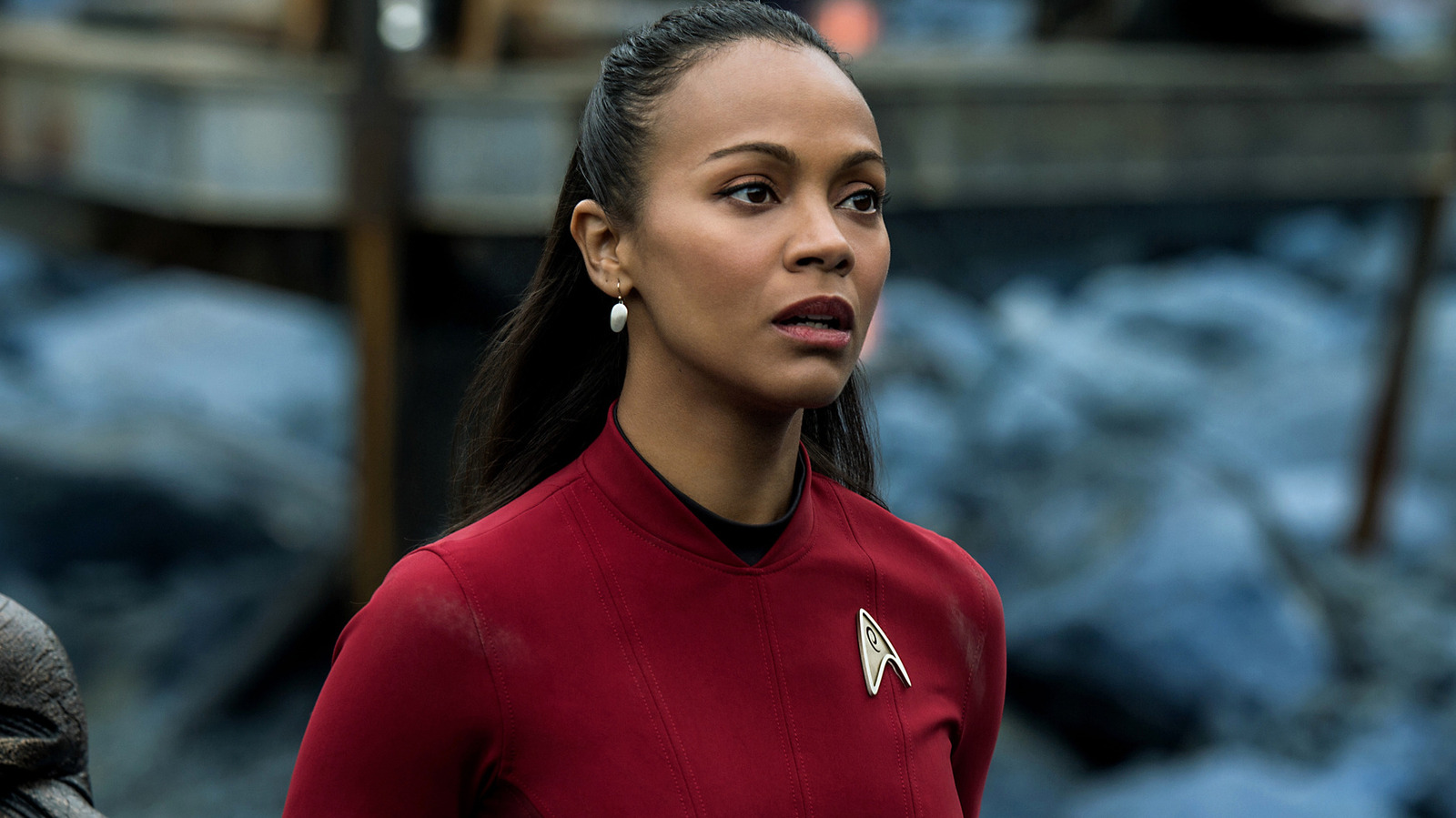
Agatha Harkness and The Penguin are shaping a unique chapter in the Marvel and DC saga, but does anyone really care? By Jeremy Mathai, Oct. 21, 2024
While not exactly comparable to the historic matchup of the New York Yankees and Los Angeles Dodgers in the World Series after four decades, the synchronized streaming releases of “Agatha All Along” and “The Penguin” present a thrilling spectacle for superhero enthusiasts. Yet, intriguingly, this event seems to have generated surprisingly little buzz outside the die-hard fan circles.
These two characters—one a villainous witch from Marvel and the other a notorious Batman adversary from DC—have made their debuts on streaming platforms within a day of each other, both garnering significant attention. In a first for the two powerhouse franchises, spin-off shows have launched concurrently, igniting a potential rivalry among fanbases reminiscent of the epic clash between “House of the Dragon” and “The Lord of the Rings: The Rings of Power” in 2022. That previous showdown was a monumental affair, significantly stimulating online discourse and viewer engagement, but the chatter surrounding “Agatha All Along” and “The Penguin” has fallen remarkably flat.
It raises questions: have audiences become desensitized to significant pop culture events following the frenzy around films like “Barbie” and “Oppenheimer”? Is the slow decline of the superhero genre responsible? Or is there something more complex at play?
Despite the lack of widespread buzz, “The Penguin” and “Agatha All Along” are, by many measures, being embraced by viewers. Initial reports indicate that Disney’s project attracted a respectable nine million views in its first week, while HBO touted an impressive 10.4 million viewers for “The Penguin” within just over a week. However, the stakes for both series are relatively low. “Agatha All Along” was marketed as a limited series, meaning the door for future seasons is effectively closed. Meanwhile, “The Penguin” is positioned as a precursor to a sequel to “The Batman,” which means its potential is inherently restricted.
While these shows have drawn considerable viewership, it’s important to consider how these numbers reflect audience engagement. Disney’s approach to sharing viewership metrics often includes vague terminology, making it difficult to gauge the true impact of its content. The absence of proclamations about “Agatha All Along” being Disney’s most-watched series hints at something beneath the surface. In comparison, HBO tracks viewership through more conventional means, supporting direct comparisons to other hit shows like “House of the Dragon” and “Peacemaker.”
Additionally, what’s fueling the lack of conversation around these series? A significant portion of casual fans seems to perceive “Agatha All Along” as less essential to the broader Marvel narrative, leading them to skip it. The same could be said about “The Penguin”—with Batman absent from a story that centers around one of his foes, this spin-off may struggle to capture the attention of a wider audience.
Perhaps the fundamental issue lies not in the shows themselves but in the narrative stakes they present. While they both contain engaging twists and character development, they’re not designed to function as grand, world-altering tales akin to “WandaVision” or “The Batman.”
Interestingly, rather than critiquing Marvel and DC for their current trajectory, one could argue that “Agatha All Along” and “The Penguin” might actually represent a healthier future for superhero storytelling. Not every piece of content needs to aim for iconic status, and perhaps there is merit in allowing writers to explore unique narratives that genuinely resonate with audiences. Those who have tuned in are discovering some of the best storytelling from these franchises in years.
Transforming the menacing Penguin into a more layered character reveals a fascinating depth rarely seen before. Likewise, allowing Kathryn Hahn to fully inhabit her role as Agatha Harkness has likewise produced a compelling portrayal, moving beyond mere comic relief.
While neither series may climb to the heights of the best entries in the Star Wars universe, they exhibit what could be termed the “Andor Effect.” This phenomenon demonstrates how focused storytelling can flourish within major franchises without the pressure to deliver a colossal cultural event.
As both series march toward their conclusions, the audience response will be telling. But currently, “Agatha All Along” and “The Penguin” may pave a better way forward for superhero narratives, suggesting that sometimes less truly can be more.



